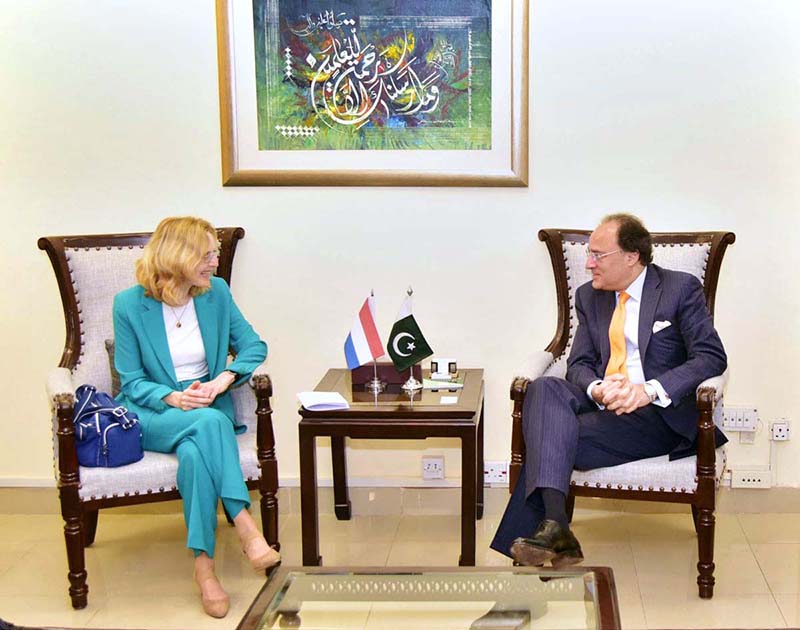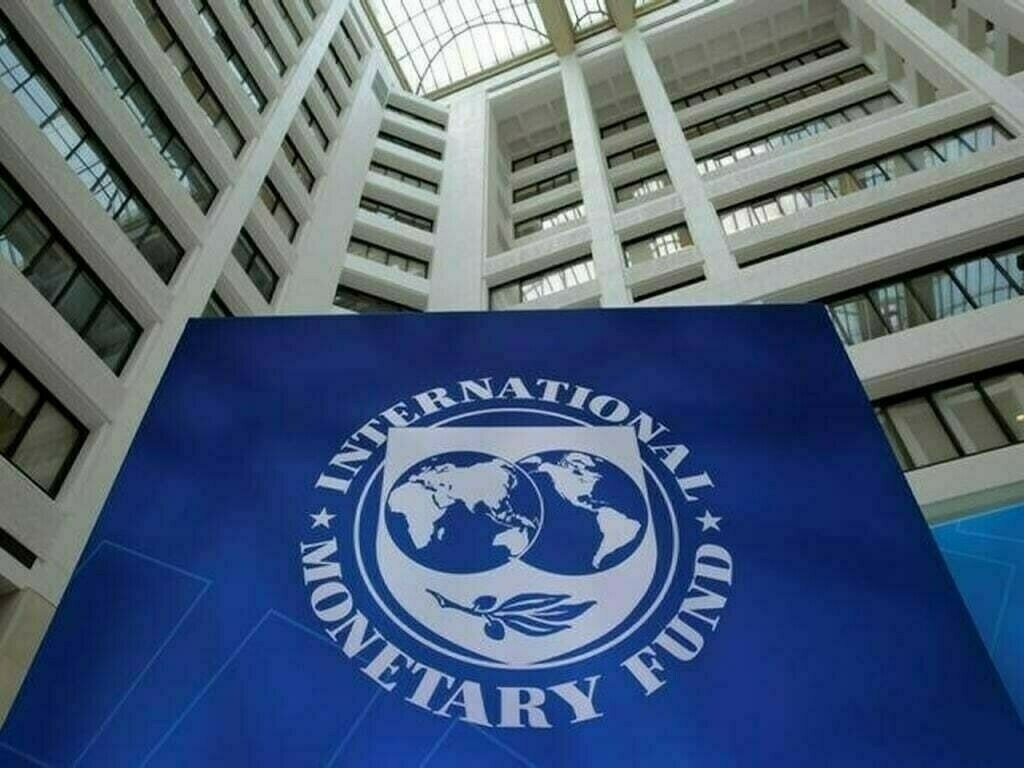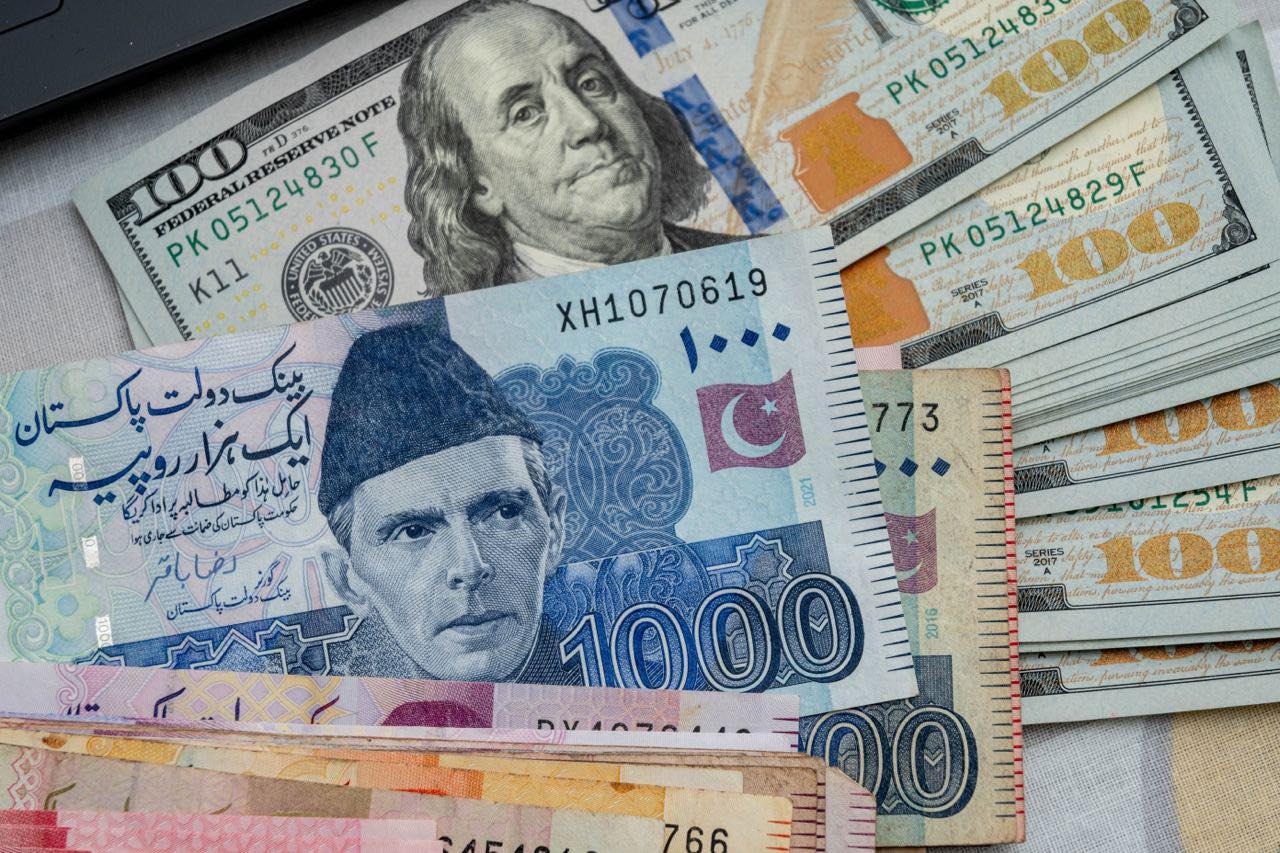PTBP Web Desk
Federal Minister for Finance and Revenue, Senator Muhammad Aurangzeb, recently hosted a high-level delegation of German investors and prominent businessmen. The meeting, led by German Ambassador to Pakistan, Ina Lepel, served as a crucial platform for the Minister to unequivocally reaffirm Pakistan’s robust and unyielding commitment to achieving comprehensive macroeconomic stability, implementing deep structural reforms, and significantly enhancing investor facilitation across all sectors of the economy. This gathering underscored the vital role of foreign direct investment, particularly from long-term partners like Germany, in Pakistan’s strategic economic trajectory.
The Finance Minister opened the discussion by meticulously outlining the substantial and steady progress the government has achieved in stabilizing key economic indicators. He detailed how deliberate policy choices have successfully restored both fiscal and external stability, leading to a notably more stable national currency and a tangible moderation of historically high inflation rates. This consistent progress has not gone unnoticed on the global stage, resulting in renewed confidence and crucial validation from major international financial institutions and leading credit rating agencies.
Senator Aurangzeb emphasized that Pakistan’s current economic strategy is far more ambitious than mere stabilization. It is fundamentally built upon the execution of deep, often politically challenging, structural reforms. These efforts are strategically concentrated in key areas—specifically taxation, the energy sector, privatisation of State-Owned Enterprises (SOEs), and comprehensive public finance management. The ultimate goal of this concerted action is to construct a sustainable, resilient, and globally competitive economic framework, moving Pakistan away from cyclical economic crises towards consistent, long-term growth.
Highlighting the tangible improvements, Senator Aurangzeb provided specific details on the macroeconomic stability front. The foreign exchange reserves, a critical indicator of external resilience, have been significantly consolidated. While currently providing approximately two and a half months of import cover, projections show a clear path to achieving the benchmark three months of cover by the close of the current fiscal year. Furthermore, the outlook for inflation is highly positive, with expectations that it will remain within the manageable range of 5 to 7 percent for the ongoing fiscal year, supported by a continued downward trajectory in the policy rate.
This internal progress has been externally validated, providing powerful reassurance to the visiting German investors. The Minister proudly underscored that three major global credit rating agencies—Fitch, S&P, and Moody’s—have all upgraded the country’s outlook in recent months. [Link to Credit Rating Agency Report] This collective upgrade signals a turning point, reflecting international market acknowledgment of Pakistan’s improved economic health and prudent policy management.
Additionally, the recent staff-level agreement with the International Monetary Fund (IMF), announced following an extensive and rigorous review mission, further cemented this international confidence. This agreement is a clear testament to the efficacy of the government’s policy direction and its capability to execute reforms under stringent conditions.
The Minister stressed that economic stabilization must be inextricably linked to comprehensive structural changes. Broadening and deepening the national tax base remains the top governmental priority. The ambitious yet critical goal is to increase the tax-to-GDP ratio from its current 10.2% to 11% this fiscal year, with plans to elevate it further to 13% in the coming years. This overhaul aims to ensure fiscal sustainability and equitably distribute the burden of national development.
In the crucial energy sector, Senator Aurangzeb reinforced the administration’s commitment to sustainable and necessary reform [Link to Ministry of Energy Policy], primarily focused on privatization and efficiency improvements. The objective is clear: drastically reduce systemic losses and significantly improve revenue recoveries, thereby lessening the drain on public finances and ensuring a stable power supply for businesses, including those operated by the German delegation.
The commitment to privatization is yielding concrete results. The Minister informed the delegation that a significant portfolio of 34 State-Owned Enterprises (SOEs) has been officially handed over to the Privatization Commission for immediate action. Substantial progress has already been logged, notably highlighted by the recent successful acquisition of a state-owned entity by a prominent UAE conglomerate, demonstrating global investor appetite.
Moreover, the privatization process for Pakistan International Airlines (PIA) is advancing rapidly and effectively. Four large, reputable international conglomerates are currently engaged in due diligence, indicating serious global interest in Pakistan’s assets.
Addressing the German delegation directly, the Finance Minister extended a strong invitation for them to explore the burgeoning opportunities within Pakistan. He pointed to key sectors where German expertise and technology could be transformative, specifically mentioning technology, energy, and high-value manufacturing. He noted the positive investor sentiment and the facilitating environment being created by the government. The Minister also specifically recognized and appreciated the crucial role of the Pakistan-based AHK German Bilateral Chamber of Commerce in successfully bringing together both long-established and potential new German investors to witness Pakistan’s rapidly evolving business landscape first-hand.
Further structural initiatives include vital reforms in public finance management, such as the politically difficult but fiscally essential restructuring of the public pension system and the rationalization of the federal government’s financial footprint through the closure of several non-performing entities. These measures are designed to ensure the long-term solvency of the state.
Looking outward, Senator Aurangzeb discussed Pakistan’s strategic re-entry into international capital markets. Key plans include the inaugural issuance of the Panda Bond in China’s deep capital market, a move aimed at diversifying funding sources and strengthening economic ties. Furthermore, Pakistan intends to return to the Eurobond market under the Global Medium-Term Note (GMTN) program in 2026, leveraging its improving credit profile.
The Minister concluded by stressing that Pakistan’s improving macroeconomic fundamentals, harmonized with positive geopolitical developments and renewed engagement with key global partners, including the United States, China, Europe, and the Gulf countries, are collectively creating an extremely favourable environment for enhanced foreign direct investment and vigorous business-to-business partnerships. Senator Aurangzeb actively engaged with the German delegation’s various questions, providing detailed elaborations on government initiatives to boost IT exports, streamline the process for the repatriation of profits and dividends by foreign companies, and ultimately strengthen investor confidence in Pakistan’s promising economic trajectory.




